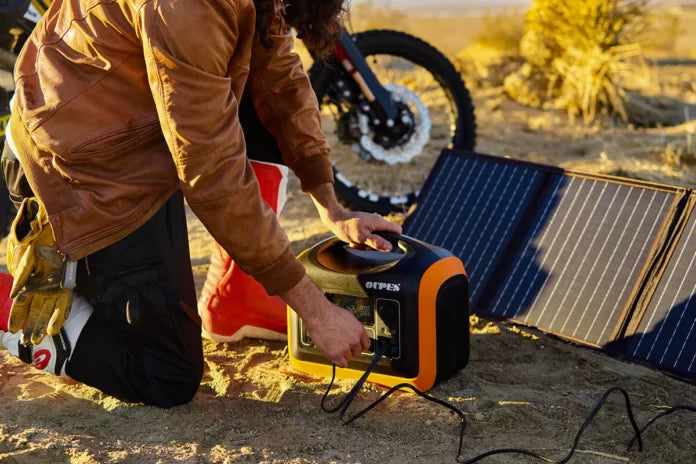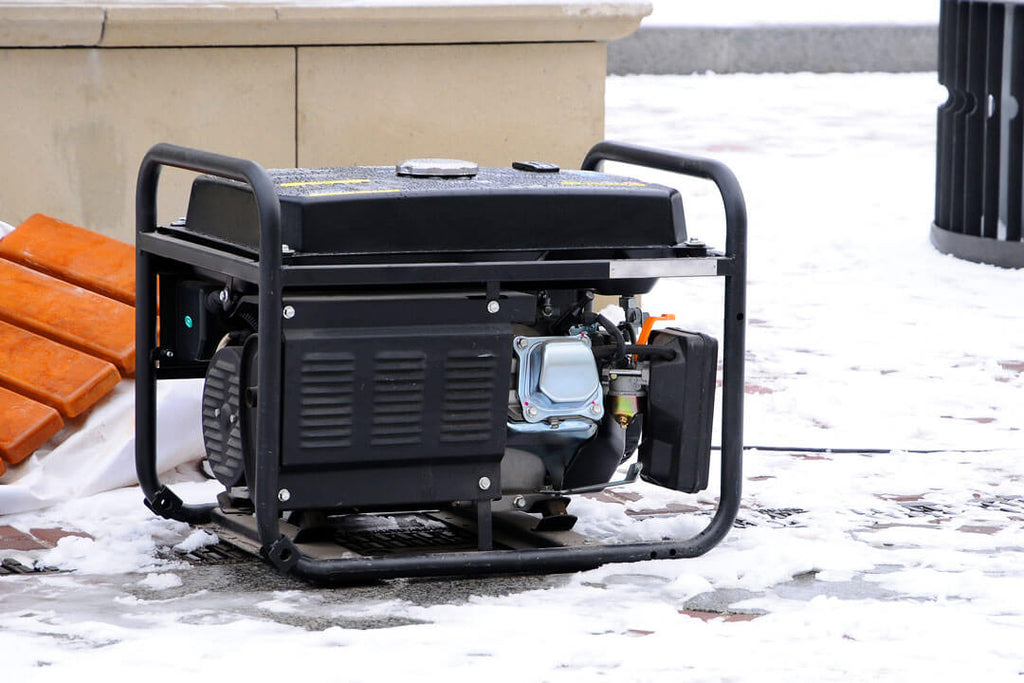A generator is a good investment for homeowners and businesses, especially if you’re in a place that frequently experiences bad weather conditions. Still, there’s no way to tell when you’ll need it so it’s important to make sure they will work properly every time. There are many things that can damage a generator and one way to ensure that it will work perfectly is to perform regular maintenance.
In this guide, we’ll discuss how to perform generator maintenance by yourself, what are the risks if you don’t do it, and some maintenance tips to help you take care of your backup power source.
Risks Without Generator Maintenance
Not maintaining your generator will have many negative effects on its ability to function and operate properly. Here are what you’ll be avoiding if you do regular maintenance:
1. Expensive Repairs
If you delay maintenance or don’t do it completely, your generator will be needing costly repairs. You could have prevented such expensive complications with regular maintenance. Since it’s possible that your generator has incurred different kinds of damage in and out, you’ll most likely have to bring it to a repair shop for a professional repair, which can be costly.
2. Safety Risks
Generators pose safety risks, especially if not cared for properly. This includes carbon monoxide poisoning, which can be deadly. Carbon monoxide (CO) is a colorless and odorless gas so it’s hard to know it’s there without a detector. Generators emit this and high levels, inside an enclosed space, is dangerous for people.
Additionally, a poorly maintained generator can cause electrocution, especially during rainy days where the environment is wet.
3. Poor Performance
If you leave your generator unattended for a long time, it will have a complication in its ability to supply power effectively. Maintenance is needed so a generator can remain operational even if you’re not using it all the time.
Benefits of Regular Maintenance

Generators are the perfect backup power sources during power outages. Here are the great benefits of regular maintenance, which should be enough reason for you to maintain your generator:
1. Identify Problems at an Early Stage
Regular maintenance allows owners to identify any issues or failures with their generators before they get even worse. This way, you can fix or have them fixed early to keep it functional so you can rely on it anytime you need it.
2. Keeps Generator Functional During Outages
With a properly maintained generator, you’ll always have a backup power source during a power failure. Regularly inspection of the following can ensure that your generator will operate at its best at all times:
- Fluid and oil levels
- Cooling system
- Engine speed
- Exhaust system
- Oil and air filters
- Battery cables and terminals
- Belts, hoses, connectors, lines, and other accessories
- Supply connections
- Control panel
With these maintained, your generator can run smoothly and efficiently when the power’s out during calamities or any time there’s a power outage.
3. Save Money
Since you’ll be able to avoid any big repairs, you can save money in the long run. Imagine putting off maintenance because you don’t want to spend money on little issues. When your generator breaks down and doesn't work because of it, you’ll be spending more since costly repairs or buying a new generator may be the only options you have.
4. Increase Generator’s Life Span
Aside from being able to avoid costly repairs, when you perform regular generator maintenance, you’re increasing the machine’s lifespan. You can fix issues early so its part and the generator as a whole will not deteriorate over time, even when it’s not in use all the time.
During maintenance, all parts of your generator are checked and cleaned. This way, any potential damage or dirt will be removed before it can cause any more damage to the other parts of the generator.
5. Prevents Safety Risks
Carbon monoxide is produced if the internal combustion engine of a generator isn’t well-maintained. This can be fatal when inhaled at high levels. During maintenance, you, or the technician, should ensure that the CO fumes are released outdoors and not indoors.
Aside from that, if your generator is properly maintained, you can avoid any injuries or accidents like fires, leaks, etc.
6. Prevents Fuel Problems
If your generator is running on fuel, like diesel or gasoline, its fuel tank should be emptied and refilled at least twice every year. Fuel deteriorates with time and if you don’t remove it from your generator, especially if you won’t be using it for a long time, it will damage the tank. This can cause serious problems, which can be costly when ignored.
With maintenance, you can make sure that the fuel levels are checked, the tank is empty before storing the generator, and the supply is changed if you’ll be using it soon. This way, you can prevent any fuel problems from arising.
Maintenance Tips During Summer and Winter
The maintenance process for different homeowners and businesses may differ depending on the season or climate they have in their area. For example, one person may be doing maintenance during summer and the other in winter. There might be some different processes or things you’d need to focus on.
Maintenance Guide During Summer

Here are some of the most important things you should focus on when doing maintenance during summer:
-
Cooling System: This should be one of your first concerns during the peak summer seasons. Inspect if your generator is kept cool by its system as it achieves its operating temperature. Check the coolant mixture and levels to make sure they’re in good condition.
-
Battery: In order to make sure your generator can provide enough power for your needs, check its battery’s voltage, especially its charging and retaining capacity. Check if they’re still the same.
-
Storage: Don’t store your generator in places with extremely humid conditions. The moisture can damage the machine. Make sure your storage space is moist-free and is not directly exposed to the sun.
Maintenance Guide During Winter

The main goal to achieve during winter is to keep your generator, and its components, from freezing. Freezing will damage its parts and can hinder the generator from working properly or from working at all.
Make sure to check and make sure that these parts aren’t freezing and are working properly:
- Lines
- Buttons and switches
- Control panel
- Fluids (oil, coolant)
- Internal circuits
Have Your Generator Regularly Maintained
Everyone is responsible for generator maintenance. Homeowners, businesses – everyone. This is the best way to keep your backup power source functional for a long time. If you’re not confident enough to perform maintenance on your own, you can always take it to a professional or experienced personnel and have it checked.
But, if you’re looking for new generators or if you want to buy your first generator, you can look through our wide variety of powerful generators. Whether it’s for your home or business, you can find what you need from our collections!

